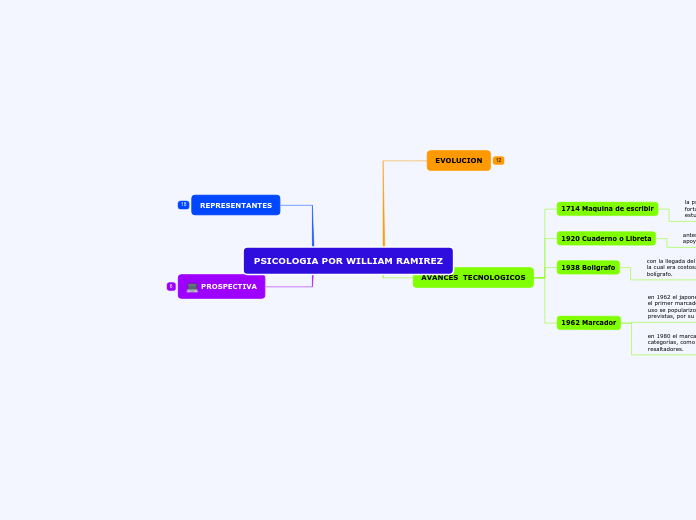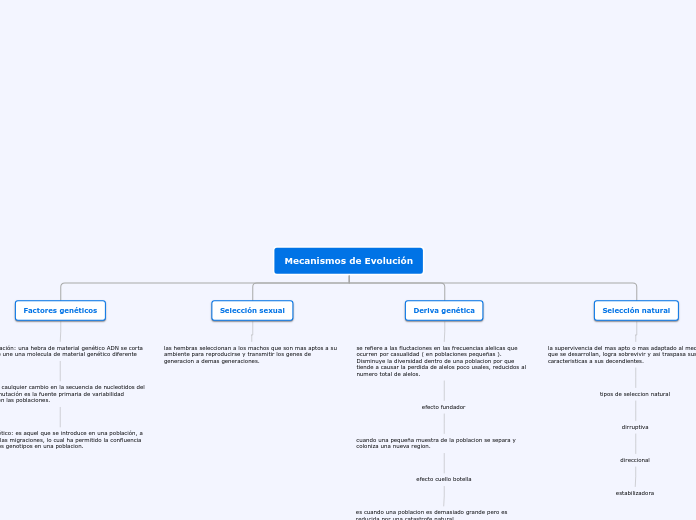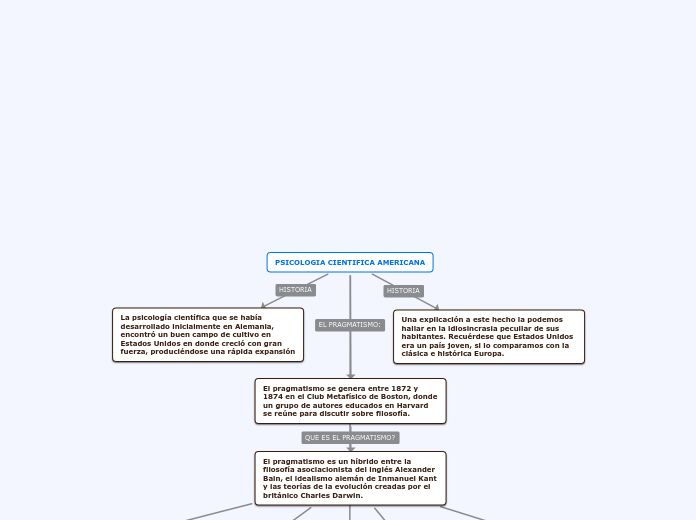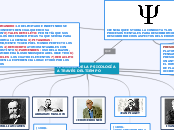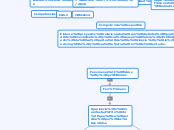PSICOLOGIA POR WILLIAM RAMIREZ
In linguistics, syntax is the set of rules, principles, and processes that govern the structure of sentences in a given language, usually including word order.
PROSPECTIVA
A compound sentence is a sentence that has at least two independent clauses joined by a comma, semicolon or conjunction. An independent clause is a clause that has a subject and verb and forms a complete thought.
Bloogs
Skype
Google calendar
Buscadores Online
Create your own compound sentences, using the coordinators above.
desde mi punto de vista, lo que espera en el campo de la psicología, tendrá gran influencia de APPS que permitan un acercamiento en tiempo real con el usuario o paciente
When independent clauses are joined with coordinators (also called coordinating conjunctions), commas and semicolons, they do more than just join the clauses. They add meaning and flow to your writing.
en la actualidad, somos una generación a la cual, las herramientas tecnológicas, facilitan los procesos de análisis, indagación y descripción de los sucesos, observados durante la consulta o encuentro con nuestro usuario.
REPRESENTANTES
A complex sentence is a sentence that contains an independent clause and one or more dependent clauses.
An independent clause can stand alone as a sentence, but a dependent clause even though it has a subject and a verb cannot stand alone.
Abraham Maslow
Attributive clauses serve as an attribute to a noun (pronoun) in the main clause. This noun or pronoun is called the antecedent of the clause.
1 de abril de 1908 - 8 de junio de 1970
psicología humanista
Jean Piaget
An adverbial clause is a group of two or more words that function as an adverb in a sentence.
9 de agosto de 1896 - 16 de septiembre de 1980
psicología del desarrollo
Lev Vygotsky
An appositive clause follows another noun or noun phrase in apposition to it; that is, it provides information that further identifies or defines it.
17 de noviembre de 1896 – 11 de junio de 1934
referente de la psicología evolutiva
The subject clause is a dependent clause that acts as a subject.
6 de mayo de 1856- 23 de septiembre de 1939
padre del psicoanálisis
William James
A predicative clause may be introduced by conjunctions - that, whether, whether... or, as, as if, as though, because, lest, the way - or connectives.
The latter may be conjunctive pronouns - who, whoever, what, whatever, which - or conjunctive adverbs - where, wherever, when, whenever, how, why.
11 de enero de 1842 - 26 de agosto de 1910
Estudio la psicología aplicando métodos de la ciencia natural.
WILHELM WUNDT
The object clause is a phrase on which a verb performs an action. It falls at the end of a sentence, and is governed by a verb or a preposition.
16 de agosto de 1832 - 31 de agosto de 1920
Primer laboratorio de psicología
AVANCES TECNOLOGICOS
1962 Marcador
See the example below and try to create your own simple sentences.
Tim is driving the car with his mother.
en 1980 el marcador evoluciona y presenta su dos nuevas categorías, como lo son los marcadores borrables y resaltadores.
en 1962 el japonés Yukio Horie hace un gran avance, creando el primer marcador de tinta negra, con el paso del tiempo su uso se popularizo alcanzo una gama de colores y formas no previstas, por su creador.
1938 Boligrafo
See the example below and try to create your own simple sentences.
Tim drives the car.
con la llegada del Bolígrafo se reemplaza pluma estilográfica, la cual era costosa y poco practica, al ser comparada con el bolígrafo.
1920 Cuaderno o Libreta
See the example below and try to create your own simple sentences.
Tim is the driver.
antes de que en 1920 se creara el cuaderno, los psicólogos apoyaban sus escritos en papiros o litografías.
1714 Maquina de escribir
See the example below and try to create your own simple sentences.
Tim drives.
la psicología, se apoya en la maquina de escribir, con la cual fortalece sus escritos y análisis sobre las diferentes áreas de estudio.
EVOLUCION
John B. Watson
An adverbial is an individual word (that is, an adverb), a phrase, or a clause that can modify a verb, an adjective, or a complete sentence.
estudio la conducta e ignora todo lo que se refiera a la conciencia. La conducta es observable y se puede medir en condiciones controladas.
Sigmund Freud
The attribute is defined as a quality or characteristic of a person, place or thing.
produce un aporte muy importante en la Psicología desde la Psiquiatría, y partiendo de los estados patológicos elabora una teoría del inconsciente.
Pavlov y Bechterev
The predicative is defined as an adjective or noun forming or contained in the predicate.
Its main trait is that it serves to express a property that is assigned to a 'subject'.
For e.g.: The dog is old.
realizaba experimentos con animales y se interesaba por la neurofisiología y del aprendizaje como condicionamiento.
Wilhelm Dilthey (1833–1911)
Traditional grammar defines the object in a sentence as the entity that is acted upon by the subject.
Sostiene que la psicología no debe de tener el mismo método científico.
The direct object is the receiver of the action mentioned in the sentence.
Auguste Comte 1798 - 1857
The predicate of a sentence is the part that modifies the subject in some way. Because the subject is the person, place, or thing that a sentence is about, the predicate must contain a verb explaining what the subject does and can also include a modifier.
"POSITIVIMOS" considera que las únicas ciencias dignas son las experimentales.
Nacimiento
The subject of a sentence is the person, place, thing, or idea that is doing or being something. You can find the subject of a sentence if you can find the verb.
Ask the question, 'Who or what 'verbs' or 'verbed'?' and the answer to that question is the subject.
1879 se crea el primer laboratorio de psicologia en Europa.
